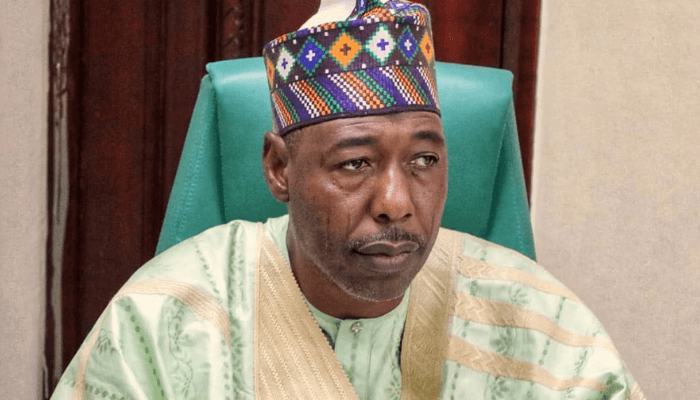Power generation companies have criticized the Nigerian Senate, claiming that 99% of the failures in the country’s power sector since the 2013 privatization are due to the lawmakers’ neglect of their oversight responsibilities.
The Gencos responded to the Senate’s Thursday resolution, which labeled the privatization of Nigeria’s power sector a total failure, according to ThisDay.
They argue that the Senate’s failure to properly oversee the sector has contributed significantly to the challenges faced by the industry.
The senators’ response came after the presentation of a report by Senator Enyinnaya Abaribe, Chairman of the Senate Committee on Power.
The report investigated the frequent national grid collapses and other issues affecting the power sector’s performance since privatization in 2013.
In reaction to the Senate’s verdict, some members of the Gencos, who spoke anonymously blamed 99% of the power sector’s failure on the lawmakers’ failure to properly carry out their oversight responsibilities, as required by Nigeria’s electricity laws.
They argued that the Senate’s neglect of its role in overseeing the sector contributed significantly to its ongoing challenges.
Under Nigeria’s electricity laws, the National Assembly, the Ministry of Power, and the Presidency are responsible for overseeing and monitoring the power sector.
The laws also mandate that the Nigerian Electricity Regulatory Commission submits quarterly performance reports to these three institutions.
However, the Gencos highlighted the alleged neglect of duty by the National Assembly since the sector’s privatization 11 years ago.
They challenged lawmakers to publish their oversight reports, including evaluations of the sector’s performance and recommendations for addressing the industry’s shortcomings.
The Gencos argued, “Is their call for the reversal or cancellation of the privatisation predicated on the fact of their evaluation of this quarterly report that has been submitted to them from 2013 to date? If it is true, then they should publish it. That’s one.
“Two, if it is true that they’ve been reading those reports NERC has been submitting to them every quarter, why have they not corrected the errors in 11 years? Because every three months, a report is submitted to you. And if you review this report, what were your findings? Did you need to wait for 11 years before you declared cancellation? The National Assembly every year holds investigative public hearing on the power sector on various issues.
“Can they publish to the Nigerian public the outcome of those public hearings, annual public hearings, and investigative hearings, and oversight visits to all these power sector agencies? What are their reports? They should publish it. He who lives in a glass house should not throw stones. So if the sector has failed, 99 percent of it falls in the hands of the National Assembly.”
The Gencos argued that the Senate’s verdict should not be taken seriously if lawmakers were failing to fulfill their own duties to the power sector.
“Clearly, we want the sector to work but the National Assembly is not ignorant of what to do to make the sector move forward, they know it”, the Gencos noted.
They highlighted that a key issue in the Nigerian power sector is the lack of transparency and accountability.
They revealed that the NERC lacks the capacity to accurately track the Distribution Companies’ (Discos) billing and collections.
According to the Gencos, neither the National Assembly, the Ministry of Power, nor NERC can determine the actual amount Discos collect, as NERC relies solely on the utility firms’ own reported figures for billing and collections.
The Gencos further said, “So how can you be the regulator, or monitoring a sector that you don’t know how much is collected and billed?
“You only know how much is sold because that is what Gencos put on the grid for the transition company to transmit, but how this load is sold, nobody knows. In terms of billing, nobody knows the billing figure. Nobody knows the collection figure. There is no transparent method of knowing this.
“So how can we know how much is collected for the market, whether the market is capable of funding itself or sustaining itself. That is one critical thing.”
The Gencos also expressed concerns about the lack of competence and capacity in the leadership of NERC.
They stated that only individuals who were easily influenced and backed by certain interests had been appointed to key positions within the commission, with their appointments being rubber-stamped by the National Assembly.
“All the commissioners of NERC are confirmed by the national assembly. All the papers were sent to them. So you see, the national assembly has the knife and the yam, and if the privatization has failed, it’s because they refuse to cut the yam appropriately”, they added.
The Gencos boasted of their achievements since the sector’s privatization, arguing that they were the only stakeholders to have made significant progress. They highlighted their increase in generation capacity from 3,427 megawatts in November 2013 to 8,000MW by 2020.
However, they claimed that the underutilization of the 8,000MW capacity has led to a current available output of around 5,000MW.











